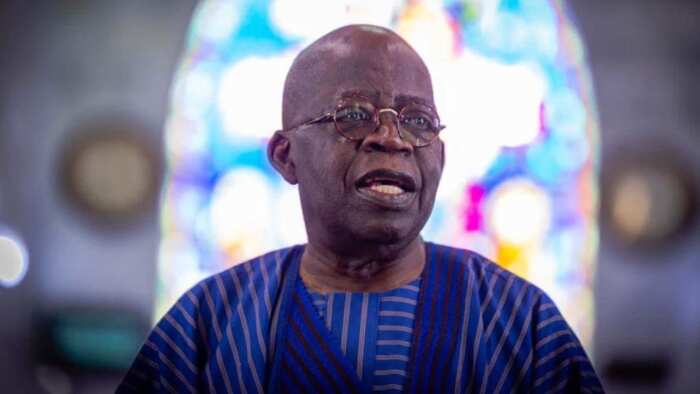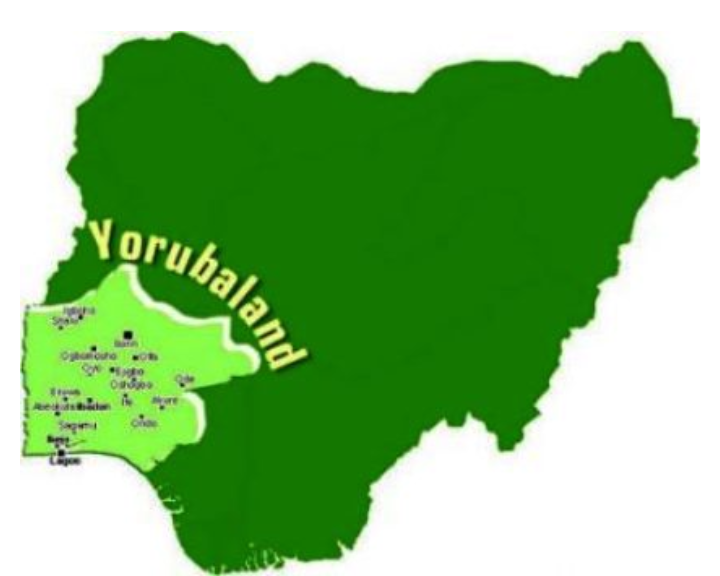Tinubu’s appointments lopsided, favours mainly Yorubas and Christians – MURIC
By Abdurrahman Muhammad An appeal has gone to President Bola Ahmed Tinubu to ensure that all regions, faiths and sections benefit from political appointments made by his government while no…

